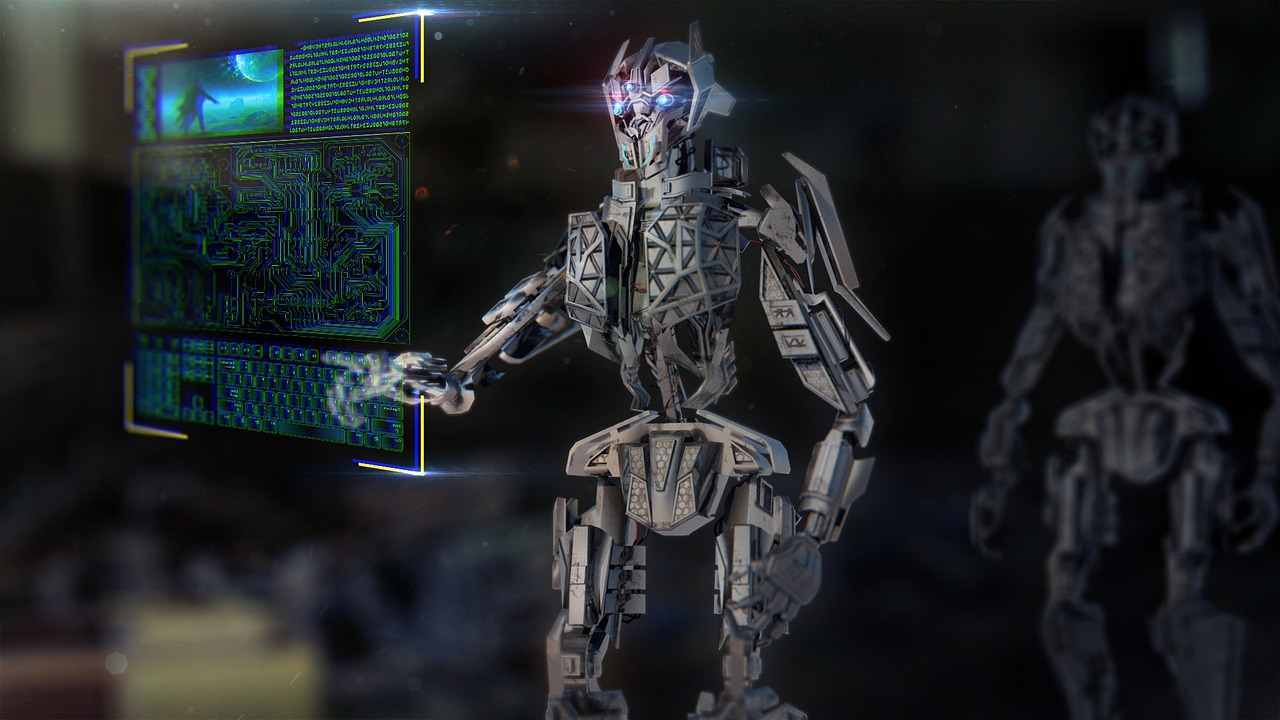
Pixabay
Artificial consciousness is one of the AI-related subjects that receives the greatest attention. One of the most contentious issues in the philosophy of mind is whether a computer may have awareness. The majority of contemporary ideas contend that consciousness is a subjective and individual experience that is intimately tied to brain activity. But some scientists and philosophers have suggested that sophisticated computational procedures, like those used in AI systems, can produce awareness. This viewpoint, referred to as "functionalism," contends that consciousness results from a functional process rather than the physical makeup of the brain.
Even if we assume that artificial awareness is possible, this still raises significant ethical issues. How should a computer with a conscience be treated? Would he be accorded the same rights as humans? Does turning off a machine with a conscience be morally acceptable? As AI develops, these are challenging topics that don't yet have a clear solution but must be addressed.
The ethics of robots are a significant topic in the science of AI. From military drones to cleaning robots, robots are becoming more prevalent in our daily lives. Although automation can increase productivity and efficiency, it also creates moral dilemmas. Who is liable, for instance, if a robot hurts someone or damages their home? Is it morally appropriate to deploy robots in surveillance or combat?
The way AI and robotics systems are built will determine the answers to these concerns. Systems can be immensely advantageous to society if they are created with safety and human well-being as their top priorities. On the other side, if AI is developed to increase profit or military might, major societal repercussions may result.
The moral accountability of algorithms is a final current discussion issue. AI systems use algorithms, which are collections of mathematical rules and procedures, to decide what to do and how to do it. Algorithms, however, can also be influenced by the prejudices and unstated presuppositions of those who developed them. For instance, racial or gender bias may affect the algorithms used to choose employment candidates.
Being a rapidly developing technology with the potential to significantly alter society, it is crucial that AI systems and algorithms are created in a way that minimizes the harmful effects of conventional thinking. But as technology advances, it also brings up significant ethical issues that need to be resolved. Just a few of the topics under discussion right now include the dispute over artificial consciousness, the ethics of robotics, and the moral accountability of algorithms.
The ethical consequences of their choices must be carefully considered by AI and robotics system designers, and measures must be adopted to guarantee that these technologies are applied responsibly and ethically. This might entail establishing guidelines and standards for robotics and AI as well as infusing moral norms into the conception and advancement of these technologies.
In the end, it's critical to keep in mind that technology is but a tool, and how it is used will determine how it affects society. If applied wisely and ethically, AI and robotics technologies can be immensely beneficial to society. They can, however, have major detrimental effects on mankind if used carelessly.
